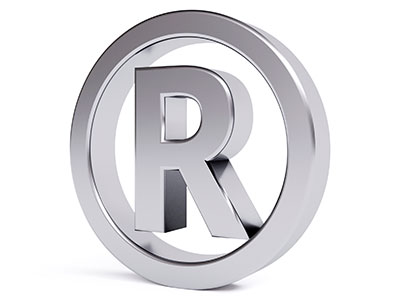
Trademarks
By enabling businesses to build up a loyal clientele, trademarks are critical for any relationship between a company and its consumers. Trademarks are therefore not only an economic asset, but also an essential part of commercial strategy.
GreatNor IP Law provides support in protecting all varieties of trademarks on a global basis. After conducting a preliminary study of an applicant’s interests, we guarantee strategic protection at a reasonable cost.
In accordance with trademark law, a trademark is defined as any mark capable of being represented graphically and that serves to distinguish the products and services of one company from the others on the market.
Such marks may include:
a) Words or word combinations, including those serving to identify persons.
b) Images, figures, symbols and drawings.
c) Letters, digits and their combinations.
d) Three-dimensional forms including wrappers, packaging and the shape of a product or its presentation.
e) Sounds.
f) Any combination of marks, including those mentioned in prior sections.
The application for trademark registry must contain, at the very least:
a) A request soliciting trademark registration.
b) Identification of the applicant.
c) Representation of the trademark.
d) The list of products or services for which the registration is sought.
Registering the trademark grants the holder exclusive rights of use in economic transactions.
A registered trademark may prohibit third parties from using (without the holder’s consent) the following marks in economic transactions:
a) Any mark, which is identical to the trademark, of goods and services which are the same as those for which the trademark is registered.
b) Any mark whose similarity to the trademark creates a risk of confusion among the public, when the mark and trademark are used in the same or similar products or services; this risk includes a likelihood of association.
c) Any identical or similar mark for goods or services which are not similar to those for which the trademark has been registered; this applies if the trademark is considered notorious in Spain, and when use of the mark without due cause could indicate a connection between such goods and services and the holder of the trademark or, in general, when use of the mark could suggest an unfair advantage or diminishment of the distinctiv quality or of the reputation of the registered trademark.
